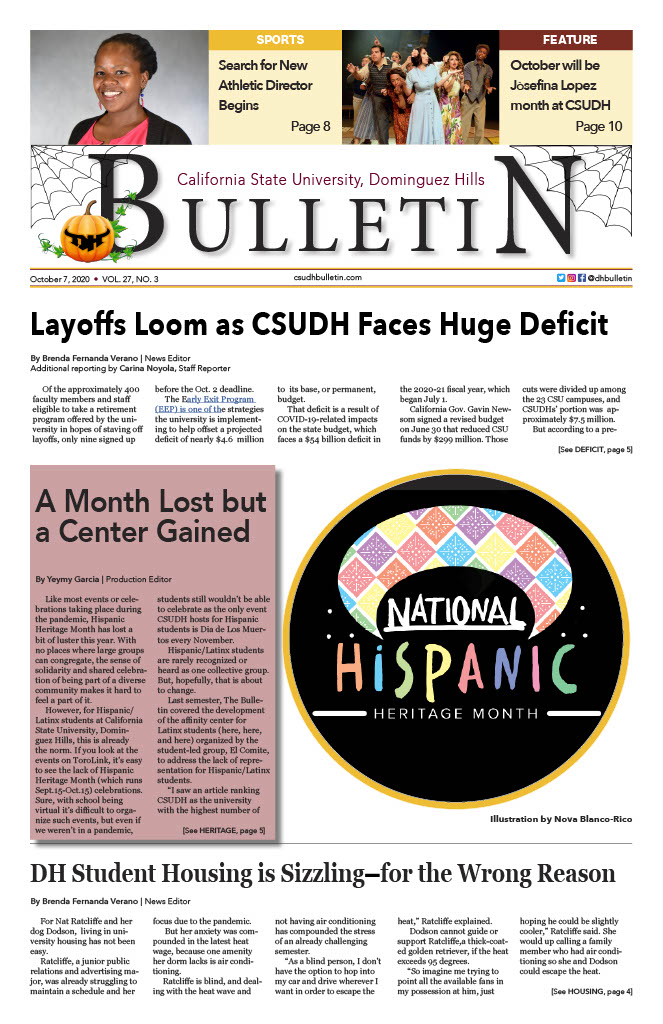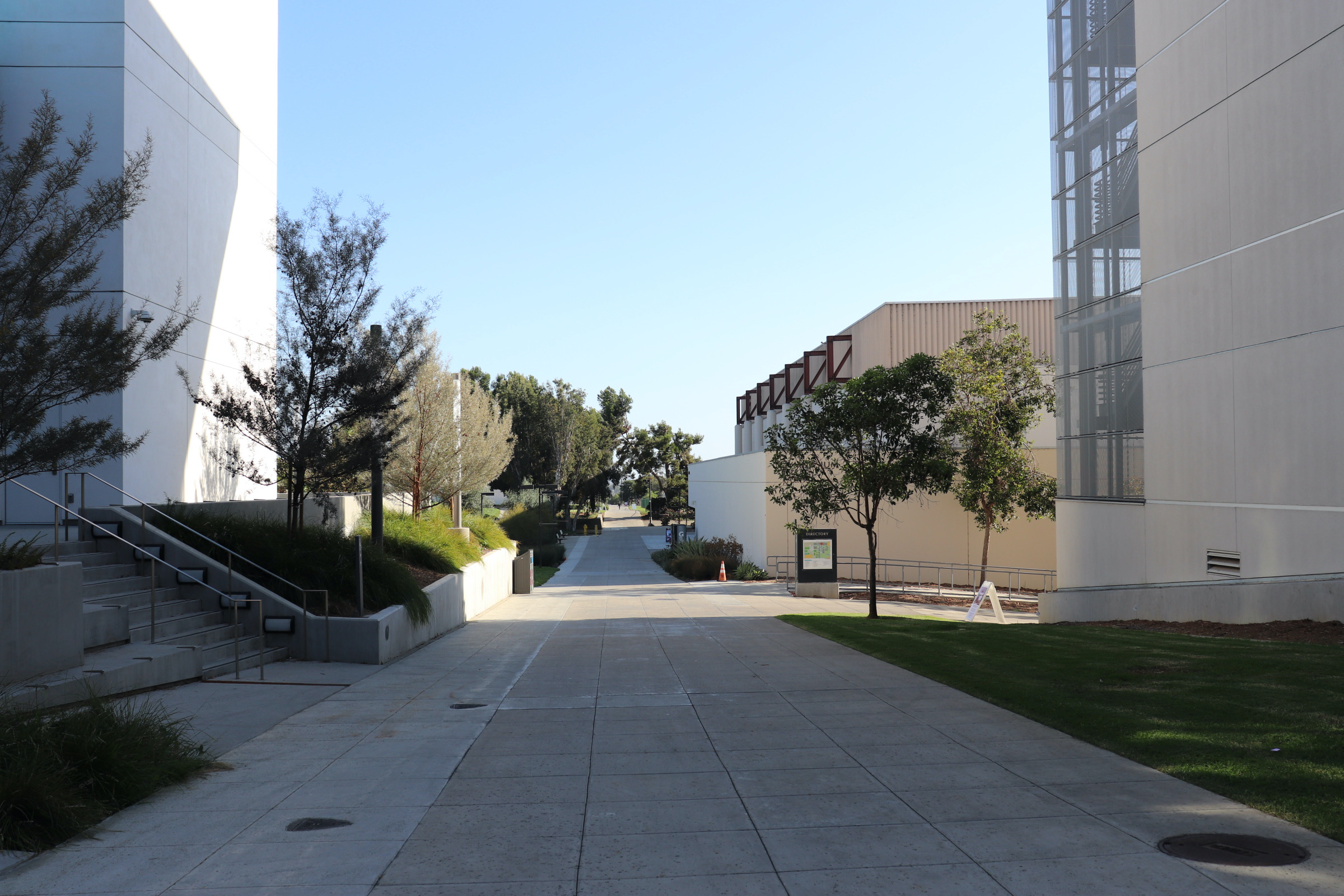By Jordan Darling, Editor-in-Chief
I have written for the CSUDH Bulletin for three semesters and served as editor-in-chief for two of those.
During my time, I have honed many of my skills, including interviewing. I have interviewed many people on campus; some interviews were amazing and some left room for improvement. But I always pulled a lesson out of it, some sort of silver lining.
Except for one assignment. The two interviews for that left a bitter taste in my mouth that showed me that Dominguez is not as inclusive and tolerant as I once believed.
In the fall of 2019, I pursued an article about a proposed ethnic studies bill for the California State University system that had wound its way into the California State Assembly. However, various ethnic groups, including the legislative Jewish Caucus, voiced concerns that it was not inclusive enough of the full California ethnic experience.
Wanting to get a sense of what our faculty members felt, I reached out to several, and heard a disturbing response during one of my interviews. This prominent faculty member questioned whether Judaism could be considered an ethnicity or a culture, and questioned whether Judaism should even be included in the ethnic studies bill.
Fast forward to this semester. While working on a follow up to the bill, I reached out to a member of the CSUDH chapter of the California Faculty Association, and I was met with a similar response. This time, I was told that Judaism didn’t need to be in the bill because we already cover the Holocaust extensively in K through 12 education.
Both of these were phone interviews, neither of the two people I spoke to knew who I was aside from my title on The Bulletin. I am a proud Ashkenazi Jewish woman. I have worn a Star of David around my neck every day since I was 13 and I have always celebrated my culture and my history.
I was told twice by two Ph.D. holders that my experience as an American Jew was not only irrelevant but it could be boxed into the 10- year span of the Holocaust. To limit the Jewish experience to a single decade is naive and tone-deaf; to ignore antisemitism is to stick your head in the sand and to discount an entire people and culture because you are not sure if they count is ignorant.
My culture and my history cannot be boxed into one period of time. The Jewish people have a rich and in-depth history that expands beyond the Holocaust and encompasses millions of stories and thousands of struggles to find a place in the world. Anyone with the thinnest grasp of history realizes that there have been 2,000-plus years of Jewish persecution and invective, from ancient Rome and Martin Luther through pogroms, which pushed my family out of Russia, to the Holocaust.
But just as the Jewish story didn’t begin with the Holocaust, it didn’t end there. Yes, we finally have our own nation again, but anti-Jewish rhetoric and actions have never stopped, both internationally and domestically. Anti Antisemitism is on the rise and to ignore it or discount it because it does not affect you is shortsighted.
In the last two years alone, there have been attacks and desecrations at synagogues and businesses frequented by Jews in Europe and the U.S., including three very close to home. Aside from major attacks, American Jews are being met with microaggressions each day. The Anti-Defamation League found that 4.2 million Anti-Semitic Tweets were shared on Twitter over a 12-month period in 2018.
An interview with a professor who does not acknowledge your culture is a far cryfrom genocide but to leave ignorance unchecked is dangerous. Higher education is more than just receiving a degree for a career. It is about creating students who are well-rounded and tolerant of other cultures and their experiences, which is why the ethnic studies bill was introduced in the first place.
Each culture is unique and should be celebrated; education is the key to creating that reality. Each time I am greeted with ignorance I find peace in holding on tighter to my beliefs and celebrating my culture, it is my way of fighting back. I strive for understanding and I nurture tolerance and encourage education.


